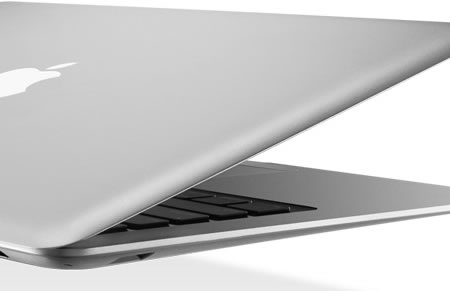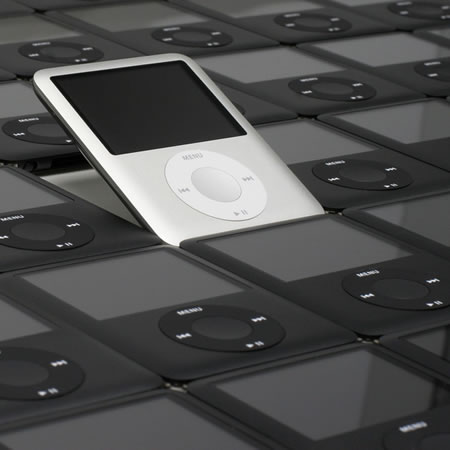Those who know me will know that I am a bit of a fan of Apple products, not exclusively, but I do like good design and stylish kit.
Yesterday in San Francisco at MacWorld Expo, Apple announced some new products and upgrades for the iPod touch and iPhone.
Key new product announced at the keynote was the MacBook Air, a small light MacBook.

I do like small computers, great fan of the 10″ Sony VAIO laptops, however this is slightly bigger than I would like, and I can’t see how that would survive travelling by air or train.
Don’t get me wrong I think it’s very stylish, well designed, but doesn’t meet my needs for a small portable computer for use at conferences, on the train and in coffee shops.
No rumoured touchscreen, nor a Blu-ray drive either (actually no optical drive, though cleverly you can use your other Mac’s drive wirelessly, which is a very clever piece of software and something I would like to use with Windows UMPCs).
There was also upgrades for the iPhone and iPod touch announced which provide additional applications, annoyingly free on the iPhone and a £12.99 upgrade for the iPod touch.
Huh!
Probably worth it for the e-mail and notes applications which make the iPod touch a more interactive device.
Also announced was a new Airport Extreme base station which comes with a 500GB or 1TB drive for Time Machine backups.
On the Americans get the opportunity to rent films, here in the UK we don’t.


